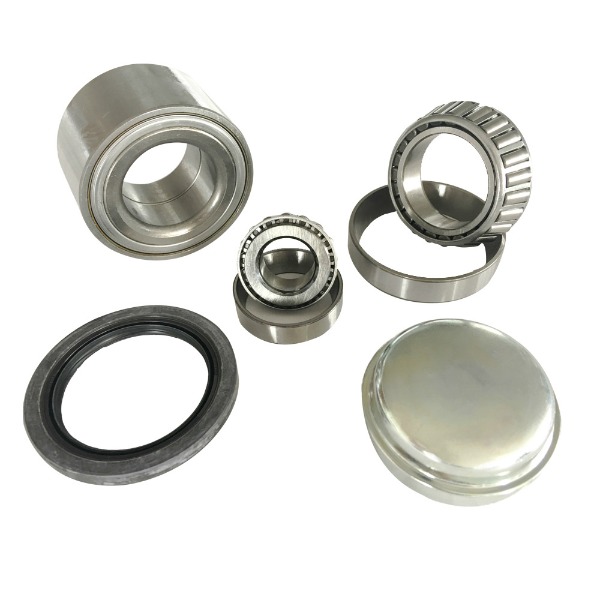When it comes to vehicle maintenance, most drivers know to check their oil, air filters, and tires. However, one critical component often overlooked is the wheel hub bearing.
At its core, the wheel hub bearing is a set of steel balls or rollers encased in a metal housing that allows your wheels to rotate smoothly. It connects the wheel to the axle and is crucial in supporting the weight of the vehicle while also enabling the wheels to turn with minimal friction. But the wheel hub bearing does more than just support the wheels; it plays a pivotal role in the vehicle's suspension system, ensuring stability, safety, and performance.
Imagine driving down a bumpy road. If your wheel hub bearings are in good condition, you'll hardly notice the imperfections of the road. They allow for a smooth ride by absorbing vibrations and shocks. This is particularly important when navigating corners or uneven surfaces, as the bearings keep the wheels aligned and prevent unnecessary wear on other suspension components. A well-functioning wheel hub bearing contributes significantly to ride comfort and overall vehicle handling.

Have you ever experienced that heart-pounding moment when your car feels like it's swaying or pulling to one side? That could be a sign of failing wheel hub bearings. These bearings are critical in maintaining proper wheel alignment and stability. If they wear down, it can lead to issues such as uneven tire wear, steering problems, and even loss of control. According to auto experts, a faulty wheel hub bearing is not just an inconvenience; it can pose serious safety risks. Regular inspections can help catch these issues before they escalate.
So, how can you ensure your wheel hub bearings remain in tip-top shape? Regular maintenance is key. Most manufacturers recommend checking them during routine tire rotations or brake inspections. Listen for unusual noises, like grinding or humming, which could indicate a problem. And if you experience any handling issues, don’t hesitate to consult a professional. After all, prevention is always better than cure!






